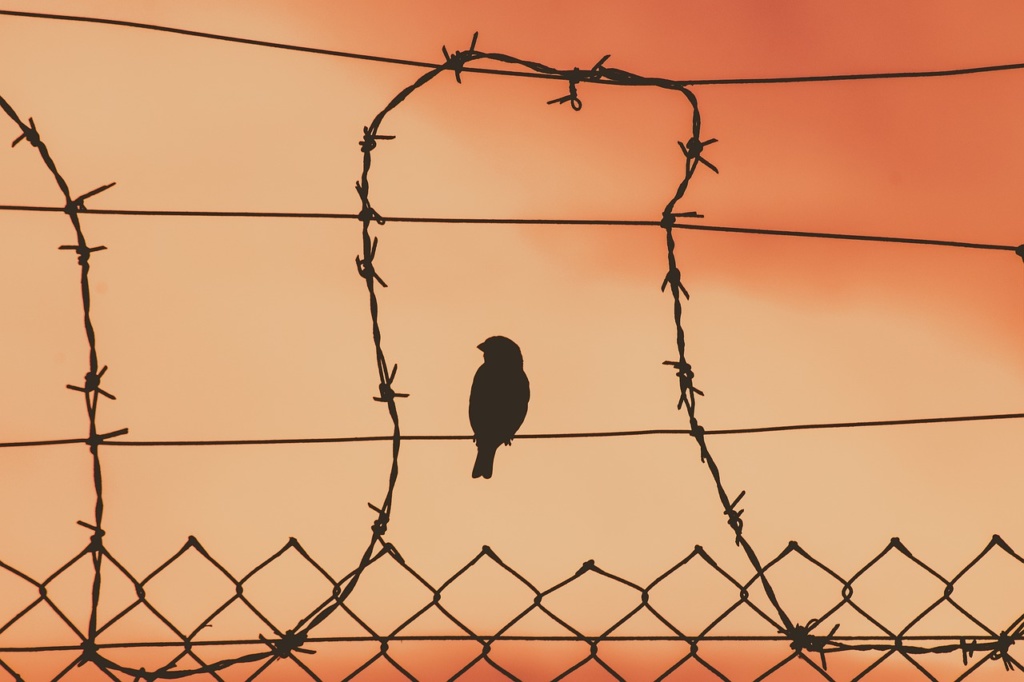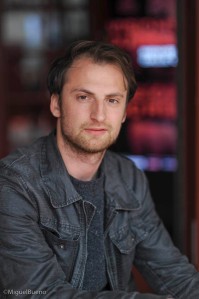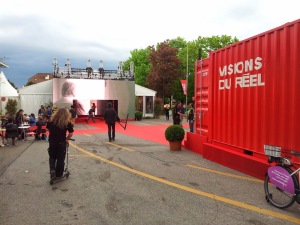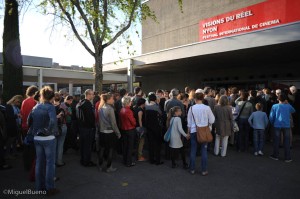Music is a universal language that crosses all borders
Enrico Macias song « J’ai quitté mon pays » then and now
Lire la version français de l’article ici
Music is a universal language that crosses all borders; a tool for arousing emotions and feelings, as well as for bringing hope and healing. It is said that the Arab philosopher and musician Al-Farabi, (872–950), was able to make people laugh and then make them cry by his wonderful performance on the Oud.
I was born and grown up in the rural north east of Syria, a neglected, impoverished region, considered as the center of numerous ethnic groups. Tough, resilient people, mostly descendants of refugees fled from atrocities in Turkey. Strongly attached to their ethnic music and culture; perhaps because of the relief it brought to them from long years of deprivation and traumatism.
As an adolescent, my mind was receptive to this rich, multi-ethnic music. At those days, the mid-seventies, we didn’t have a TV set. My parents had an old cassette-recorder, where I used to spend long hours listening to the charming songs of the diva of Arab music, Oum Kalthoum, and the adored youth singer Abdoul Halim Hafez, as well as to Adis (1), M.Shekho (2) and many others.
Tom Jones, Charles Aznavour, Julio Iglesias, Enrico Macias…!
However, those years brought us also western music and songs recorded on audio cassettes, mostly from Beirut-Lebanon, the cultural hub of the Arab world at that time. Like many of my peers, I was fascinated by Tom Jones, Aznavour, Julio Iglesias, Enrico Macias…!
I had a guitar those days, and was trying to learn to play simple tunes. So naturally, I developed a liking for Enrico, particularly his song « J’ai quitté mon pays ».
J’ai quitté mon pays
J’ai quitté ma maison
Ma vie, ma triste vie
Se traîne sans raison
I loved this song! I don’t know why! Certainly, not because of its nostalgic lyrics, or the moving historical background: Enrico Mascias left his native country Algeria and went into exile in 1961. My knowledge of French was very little then. But probably, because of its melancholic oriental melody and the heartfelt performance on the guitar! It was tender and relaxing, evoking mixed emotions of joy and sorrow! In fact, my interpretation of the song was purely romantic and emotional!
The magic city of Aleppo!
At those carefree days, during my college years in Aleppo, Syria, my mind was full of rosy things and wild expectations. Part of it was connected to my fascination with this magical city, where history and modernity combine. Where the Citadel of Aleppo , the Great Mosque the madrasas and the aroma of spices in the old souks and Khans of the old city, carry you away with caravans that used to cross the city from China, Bukhara and Isfahan to the West, during the Golden Age of the Silk Roads from 12th to the early 15th centuries…
It was time of optimism and dreams! How could I have imagined what destiny had in store for Syria!
Then, years rolled by… And one day, all of a sudden, the sky fell on our heads and turned our world upside down! The country was ripped apart and the civil war ruined all aspects of life, including the magic city of Aleppo!
Diaspora
At this point came the moment of revelation with all its poignancy and intensity! Uprooted from homeland, we have become a diaspora! A displaced people, thrown to strange shores and under makeshift camps! Our warm houses, our childhood playgrounds, our blue sea, everything… were all stolen from us!
Having been transferred to a completely different reality, I have come to fully understand what Enrico went through some sixty years ago, when he was forced to sing farewell to his beloved city of Constantine, Algeria!
J’ai quitté mon soleil
J’ai quitté ma mer bleue
Leurs souvenirs se réveillent
Bien après mon adieu
The lovely melody of « J’ai quitté mon pays », which once used to cheer me up and arouse feelings of joy and love, now evokes multiple memories and images, extremely poignant! Extremely nostalgic!
H. DONO
Contributeur externe de Voix d’Exils
1. A popular Armenian singer
2. A popular Kurdish singer







